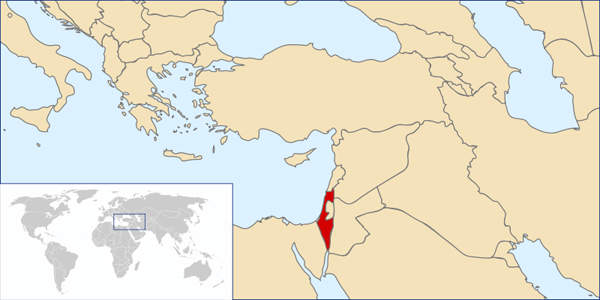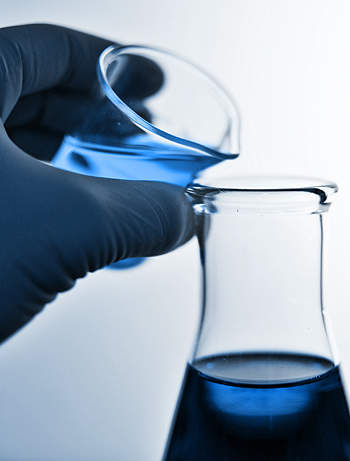Prolor Biotech, a clinical phase biopharmaceutical company formerly known as Modigene, has opened a new corporate headquarters and R&D facility within the Weizmann Science Park, a major biotech cluster located in Ness Ziona, Israel.
The facility is located close to the company’s existing facility within the park. Prolor is expected to relocate operations to the new facility by the end of the first half of 2011.
The new facility will propel the Prolor’s growth across all fields, including new drug research and clinical development. It will allow the company to develop a host of therapeutic proteins at substantially reduced costs and with quicker production cycles and superior control.
The relocation is subject to positive results from the company’s Phase II clinical trial on its longer acting version of human growth hormone. Positive preliminary results from the randomised, open-label and multicentre trial were announced on 11 April 2011; final results are expected to be released by the second half of 2011.
Facility
The new facility occupies 10,000ft² of rented space within the park. Its R&D area houses several cleanroom suites designed for the development of therapeutic drug candidates to GMP standards.
The company’s existing facility occupies 6,000ft² and has dedicated molecular biology laboratories, cell culture laboratories, in-vitro potency and activity testing laboratories, protein purification laboratories, pharmaceutical development laboratories and analytical development laboratories. The lease of the existing facility is due to expire on 20 January 2012.
Production
The new facility will produce therapeutic drug candidates. Prolor Biotech’s current pipeline of therapeutic proteins and peptides include human growth hormone, interferon ß, factor VIIa, erythropoietin, GLP-1 and OXY-CTP – all of which are in the developmental stage and targeted for markets valued between $1bn and $10bn.
The facility will additionally be dedicated to Phase I clinical studies for new indications of its drug candidates, including both approved drugs and drugs in the clinical stage of development. This will include a drugs for haemophilia and obesity. Phase II and III clinical trials will be outsourced to third-party pharmaceutical companies.
Technology
The facility will be equipped with Prolor Biotech’s proprietary carboxyl terminal peptide (CTP) technology to develop longer-acting, patented versions of therapeutic proteins. CTP is an amino acid sequence released naturally within the body, which is bound to a therapeutic protein.
The technology is compatible with all proteins and has proved to be non-immunogenic to humans when bound to proteins. It prolongs the duration of protein activity within the body. The technology stabilises therapeutic protein molecules in the blood and reduces its elimination from the body without increasing the level of toxicity or changing the overall biological activity.
Therapeutic proteins industry
The global therapeutic proteins market is one of the fastest growing segments of the biopharmaceutical industry. Worldwide sales of therapeutic proteins are projected to reach $77bn by 2011, according to industry analysts RNCOS. The sector reported a 14% growth in 2008.
Competition is expected to increase over the next ten years as several proteins in the market are expected to go off patent. In addition, improved versions and other therapeutic proteins will pose increased competition to several commercial proteins. Aside from erythropoietin, none of the therapeutic proteins Prolor Biotech has in development has any substitute in the market.





